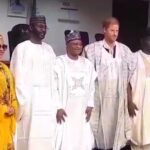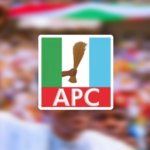The anonymity of sincere sacrifice always carry with it the seeds of immortality even before death and, most assuredly, after it; and this is best exemplified for the world in the case of Nelson Mandela who, from the relative obscurity of a prisoner without name and cell without number, would burst onto the world scene to belong to almost every family in the world. Here is a man who forgot all his pains, pardoned the inflictors of torture, broke down all barriers erected against unity, forgave and embraced all his enemies in order to create a true brotherhood and fellowship of equal citizens. And Mandela has deservedly been canonised by a world bereft of true, heart-touching heroes.
Apotheosis of sacrifice
The anonymity of sincere sacrifice always carry with it the seeds of immortality even before death and, most assuredly, after it; and this is best…
LEARN AFFILIATE MARKETING: Learn How to Make Money with Expertnaire Affiliate Marketing Using the Simple 3-Step Method Explained to earn $500-$1000 Per Month.
Click here to learn more.
AMAZON KDP PUBLISHING: Make $1000-$5000+ Monthly Selling Books On Amazon Even If You Are Not A Writer! Using Your Mobile Phone or Laptop.
Click here to learn more.
GHOSTWRITING SERVICES: Learn How to Make Money As a Ghostwriter $1000 or more monthly: Insider Tips to Get Started. Click here to learn more.
Click here to learn more.
SECRET OF EARNING IN CRYPTO: Discover the Secrets of Earning $100 - $2000 Every Week With Crypto & DeFi Jobs.
Click here to learn more.



